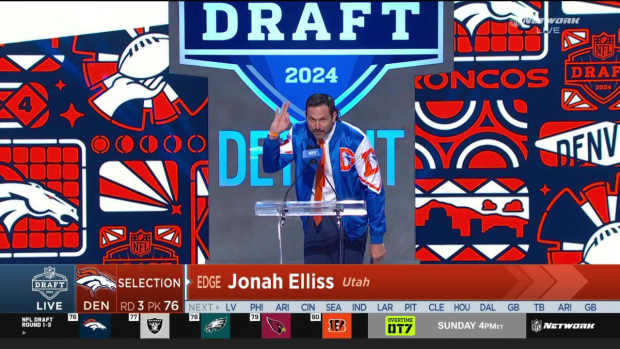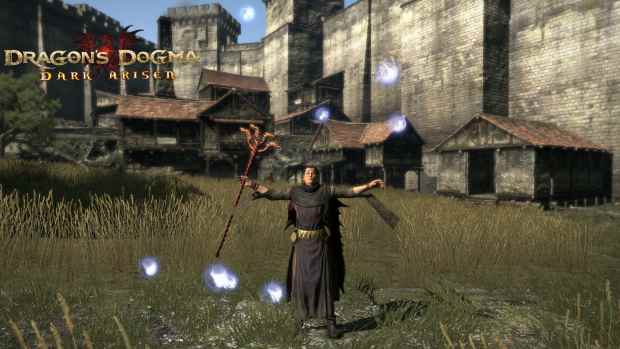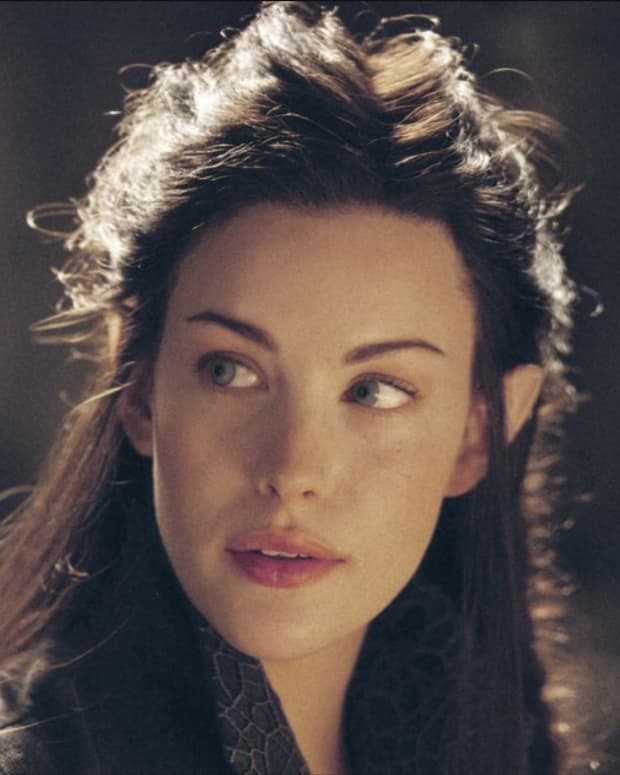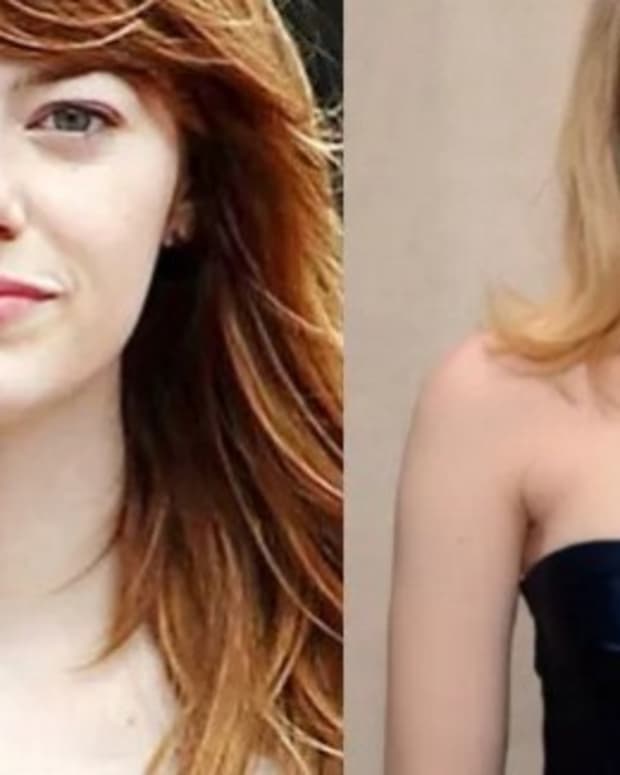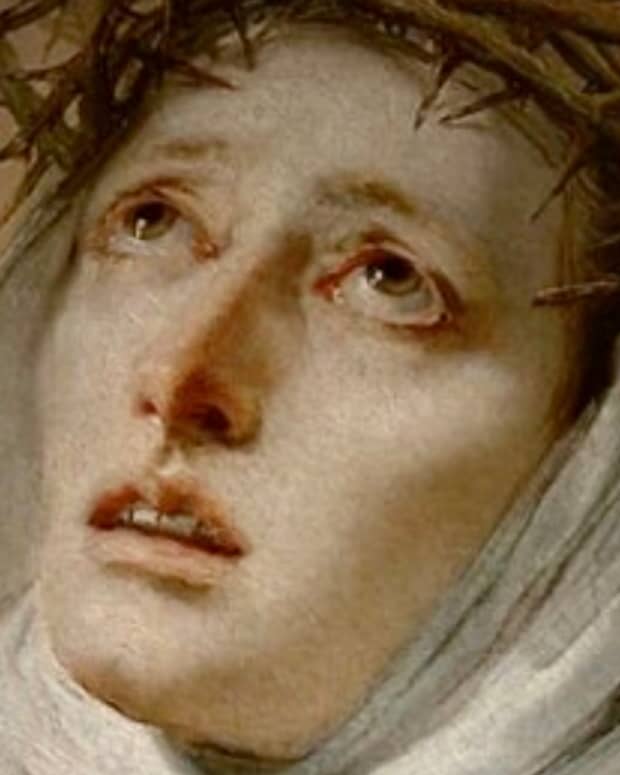Why The Theme of Suffering is Important in 1993 Drama "Shadowlands"
The 1993 film year featured the groundbreaking blockbuster Jurassic Park, but also the less favored blockbuster Last Action Hero. The important feature films were hot topics as well. Schindler’s List, In The Name of the Father, Remains of the Day, and Fearless were talked about. One could say it was a great cinematic year. Most of those films would have been better without some of the language and other things, though. But like Remains of the Day, Shadowlands was an exception.
A Perennial Theme
Shadowlands invites us to make a personal impression of suffering. The subject is sensitively handled and articulately presented. Shadowlands is adapted from William Nicholson’s play from which he wrote the screenplay. It’s a credible, moving portrait of two sufferers.
Literary Friends
Based on a true story, Shadowlands is set during the 1950s and tells the story of Oxford professor C.S. Lewis (Clive Staples Lewis; he dislikes the name Clive) and his relationship with American poet Joy Gresham. Joy admires Lewis’s work, who wrote The Lion, The Witch and the Wardrobe, a favorite of her young son, Douglas. She has read all his work and seems to know him better than himself.
Feeling like she needs to meet him, she travels to England for a face to face. Their first meeting is scheduled in a restaurant, but they have not seen one another. Gresham does not know what he looks like, so she calls for Lewis in loud voice across the dining area, rousing the diners from their quandary. In typically British fashion Lewis timidly waves to her signaling his presence in an overcrowded room.
More Than Friends?
Gresham is a divorcee, and her former husband was on the bottle and abusive. Lewis is a bachelor, but nothing is suggested romantically. The scenes of them conversing is sheer articulateness and suggests relational intimacy on the screen, but nothing romantic. Though a bond is growing, it is not amorous. However, as the relationship grows, more is suggested and comes around to a deeper relationship.
Lewis does marry Gresham so, unbelievably, she can live in England and pursue her publishing career. Then she develops a life-threatening disease which forces Lewis to face his true feelings for her.
Does he really love Gresham?
Lewis is a professor enjoying his status and does not have room to let his guard down and let someone into his world, but he is challenged to pull down the barriers that he has erected, that maintain his isolation and power over people, when he is facing Gresham's illness, so according to this film. He must attend to someone invalided and vulnerable, and seeing her this way, his feelings come to the surface. Seeing her this way brings out his truest most compassionate feelings for her. He lets her in to his inner world.
Themes
The relationship was for Lewis his first taste of human love and Gresham also experienced love after she endured years of an unhappy marriage to a violent man that ended in divorce.
The love story aside, Shadowlands says it’s in the pain that there is happiness which is the film’s mantra; during the time of their suffering together as a couple, they had pain, but also happiness. Yet Gresham reminds Lewis that his happiness will end when she dies. She says this is being real. Lewis replies, Let’s enjoy the happiness while we can.
The God-angle
The film invites the viewer to form their own view or opinion on suffering from a theological angle, meaning from the God-angle. The film does not shed light on suffering, but asks the basic question: why does God allow suffering to the creatures he loves?
In Lewis’ grieving, he discovers an awful pain inside, that he never experienced before. His theological training never prepared him for pain, the film shows. But once he experienced pain, his understanding of the world changes. Though he did not abandon his faith in God.
It seems Lewis himself was getting a taste of God’s grief for his suffering subjects which would only enhance his theological studies. Lewis could only go deeper with God.
However, the film is not telling us what to believe on suffering but invites us to form an impression. My viewing companion formed her view based on her own personal experience. Me, I thought the film was inviting everyone who watched the film – especially the connotations of the last image of the film – to forge a view. The scene of the young Douglas Gresham not believing in heaven due to suffering himself is heart-breaking.
The Film’s Qualities
The film’s cinematic qualities are small of scope but significant in this intimate film.
Anthony Hopkins and Debra Winger as Lewis and Gresham respectively have screen presence and make a compelling couple in their scenes together. They are terrific, but Winger just outshines Hopkins on this occasion, as she displays more nuances than Hopkins who is more predictable.
Veteran supporting players Edward Hardwicke as Warnie Lewis, Michael Denison as the vicar, and John Wood as Christopher Riley are striking in the background. A young Peter Frain as a student at Oxford, whom Lewis tries to reach but stands up to, is an engaging presence.
The screenplay is well-conceived, cohesive, and intelligent. Richard Attenborough’s direction keeps proceedings interesting and ups the tone when Lewis and Gresham get married.
Shadowlands reveals its skill and intelligence. While not the final word on suffering, and on God and suffering, it is indeed inviting us to think about the subject.
This is the place where we find a human face to the academic Lewis. And there is not a profanity.
Cast: Anthony Hopkins, Debra Winger, Joseph Mazzello (as a young Douglas Gresham), Edward Hardwicke, Michael Denison, John Wood, and Peter Frain. Screenplay: William Nicholson. Director: Richard Attenborough. Released December 25, 1993.
Anthony Hopkins Films
© 2023 Peter Veugelaers


